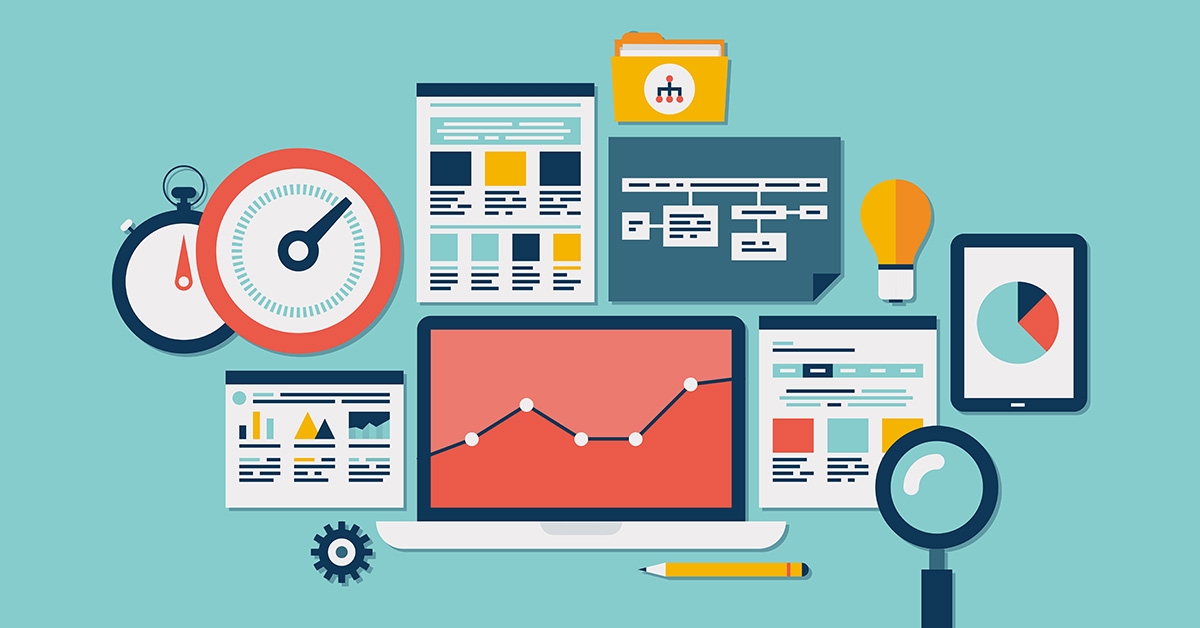In all sectors, technology shortens distances, integrates, connects. When applied to Education, technological innovation breaks down barriers and improves the construction of the future. It improves processes, stimulates creative potential in students and teachers and explores the topics covered in class more comprehensively, facilitating the learning process.
Technology promoted an evolution in educational methods, which was gradually built and improved the quality of teaching. Therefore, it is essential that it is present in both the private and public education networks.
Among so many benefits, it is worth highlighting one in particular that represents an important advance towards equal education: the guarantee of rights. The technological resources available offer countless opportunities to eliminate barriers and provide better conditions so that students with different demands can develop at the same pace as everyone else.
The feasibility of accessing classes and content from any location is a facilitator for students who face travel difficulties. The same for communities living in remote regions, with the option of studying remotely. Students with visual or hearing impairments, who previously had limitations in accessing educational material and interacting with peers, teachers and teams, discover new ways of connecting and interacting both in distance learning and within the classroom.
There are several examples that prove these benefits. We were recently able to experience this experience, promoting the donation, together with the Government of the State of Goiás, of OrCam MyEye glasses. This is an innovative Israeli technology that, through small modules attached to the frame, photographs and scans texts, transforming them into audio, in addition to recognizing faces and products. With the devices, not only people with visual impairments, but also those with other complications, such as cognitive disorders, cerebral palsy and low vision, gain more autonomy and access to information.
In Bahia, we also donated OrCam MyEye glasses, in partnership with the State Government, in which each student in the state network impacted the group of people who live around them, such as, for example, teachers and the community that supports them. surround. Thinking about the challenges we have to achieve the objectives proposed by the United Nations (UN), in addition to contributing to SDG 4, Quality Education, the action is connected to SDG 9, to stimulate innovation, and SDG 10, to promote social inclusion for all.
This is the strength of the use of technological innovation applied to public policies, bringing opportunities for access to education to the most vulnerable sections of society. It is also proof of the importance of uniting public and private, government and civil society, through partnerships.
The private sector has more space to experiment, discover innovations, create pilot projects so that the analysis and measurement of results confirm the effectiveness of the initiatives. With the educational network formed by the public sector, help reaches those who need it most across the country. It is in this union of forces that innovation guarantees the best of its potential to build better futures.
Carola Matarazzo – Executive Director of Movimento Bem Maior
This article was originally published on the website of the newspaper O Povo





